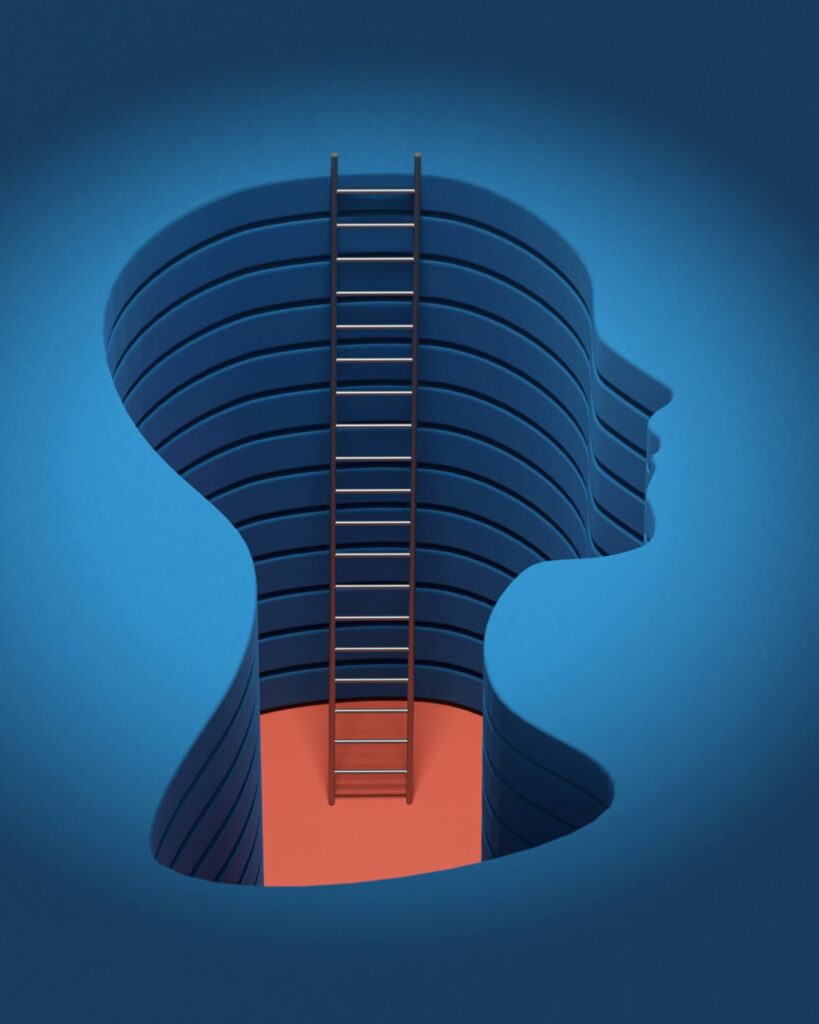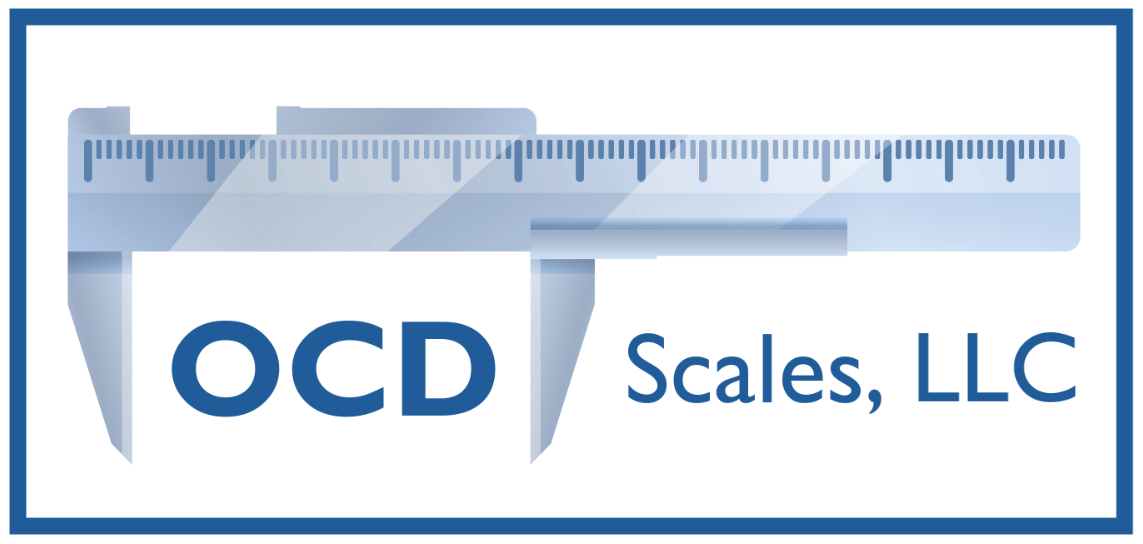
OCD Scales, LLC, owns the IP to the Y-BOCS™ suite of measures.
Offering essential tools for OCD since 1989.
WHAT WE DO
About OCD Scales
Our Products
OCD Scales, LLC, owns the intellectual property rights to a suite of clinician-administered and self-rated measures used to assess obsessive-compulsive disorder (OCD) and related disorders. These include the YBOCS™, CYBOCS™, YBOCS™ II, CYBOCS™ II, the FOCI™ screening instrument, and the Level 2—Repetitive Thoughts and Behavior measure. The YBOCS™, Y-BOCS™, CYBOCS™, CY-BOCS™, and FOCI™ and their derivatives are trademarks of OCD scales, LLC.
Terms of Use
Use of these scales requires permission from Dr. Goodman. A licensing agreement is required for: 1. commercial use; 2. incorporation into an electronic medical record (EMR); 3. inclusion into an app; and 4. digitalization. No adaptations or translations are allowed without prior authorization. Publication of the scales in any medium (e.g., articles, book chapters, etc.), posting them on a website, or distributing them in any form is not permissible.
Artwork
“From the Same Cloth”, was painted by Emily Strouphauer to depict some of the symptoms and salient features of OCD. The other image was created by an Anonymous patient with OCD when Dr. Goodman was at Yale.

Overview of the Y-BOCS Scales
Purpose
The Y-BOCS™/YBOCS™ is a widely used clinical tool for assessing the severity of obsessive-compulsive disorder (OCD). It is designed to evaluate the intensity and impact of both obsessions (recurrent, intrusive thoughts) and compulsions (repetitive behaviors or mental acts) in individuals with OCD. The scale helps confirm diagnosis, determine the severity of the disorder, and monitor treatment progress. The Y-BOCS™, CY-BOCS™/CYBOCS™, and their second editions are administered as semi-structured interviews. The three main parts of these scales are the Symptom Checklist, Target List, and the Severity Items.
Use in Clinical Practice & Research
- Measuring Symptom Severity: Helps clinicians evaluate the severity of OCD symptoms and differentiate it from other disorders.
- Treatment Monitoring: Used to track changes in symptom severity over time, during and after interventions like ERP, medications, and medical devices.
- Outcome Assessment: Often used in clinical trials to assess the efficacy of new treatments for OCD. The Y-BOCS™ is a reliable and valid tool, considered the "gold standard" for OCD severity assessment, although it requires a trained clinician to administer and interpret properly. The Y-BOCS™ and C-BOCS™ have been shown sensitive to change.

CY-BOCS™
This is a version of the Y-BOCS™ intended for administration to children and adolescents with OCD.
Second Editions
The second editions of the Y-BOCS™ and CY-BOCS™ are denoted by “II”. The main reasons for introducing these revisions were to: 1) Increase sensitivity to changes in more severe OCD by expanding the upper level of the range. This required transitioning from a 5-point (0 to 4) to a 6-point (0 to 5) scale for each of the 10 items, such that the new maximum score is 50 instead of 40; and 2) Replace item #4 (resisting obsessions) that had the lowest correlation with other items and can be difficult to interpret among patients who have undergone ERP, who are taught not to resist their obsessions. The second editions can be converted to the original Y-BOCS™/CY-BOCS™ provided the rater also includes the original item #4.
Self-Report (SR) Versions
In contrast to the Y-BOCS™/CY-BOCS™, which are clinician administered, these self-rated variants are completed by the patient.
FOCI (Florida Obsessive Compulsive Inventory)
This is a brief self-rated instrument for screening purposes. Cutoffs help the clinician determine whether further evaluation is warranted, which may include administering the Y-BOCS™/CY-BOCS™. It comes in both adult and child/adolescent versions.
LEVEL 2—Repetitive Thoughts and Behaviors
LEVEL 2—Repetitive Thoughts and Behaviors—Adult and Child (adapted from the FOCI™ and C-FOCI Severity Scale [Part B]) is a trans-diagnostic measure. This material can be reproduced in paper form without permission by clinicians for use with their own patients. Any other use, including electronic use, requires written permission from Dr. Goodman.
Authors and Scale Requests
Authors
Wayne Goodman, MD, is the principal developer of the Y-BOCS™ suite of measures for OCD and related disorders. The co-developers of the Y-BOCS™ suite of measures are Steve Rasmussen, MD, Larry Price, MD, and Eric Storch, PhD. Dr. Storch has spearheaded a long series of peer-reviewed articles on the psychometric properties of these instruments. Lawrence Scahill, MSN, PhD, has adapted the CY-BOCS™ for use in autism spectrum disorder (ASD). Katherine Phillips, MD, and Eric Hollander, MD, have adapted the Y-BOCS™ for use in Body Dysmorphic Disorder (BDD).
Scale Requests
For non-commercial use of these measures for clinical care or research purposes, please email Dr. Goodman stating the specific intended use. (Please be patient, given the volume of requests.) For large scale or commercial use, such as Industry Sponsored clinical trials, incorporation into an EMR or app, etc., please email Dr. Goodman at wkgood@gmail.com, and copy our exclusive license holder, Proem Behavioral Health at support@proemhealth.com. Dr. Goodman will work with Proem to determine the need for a licensing agreement.

